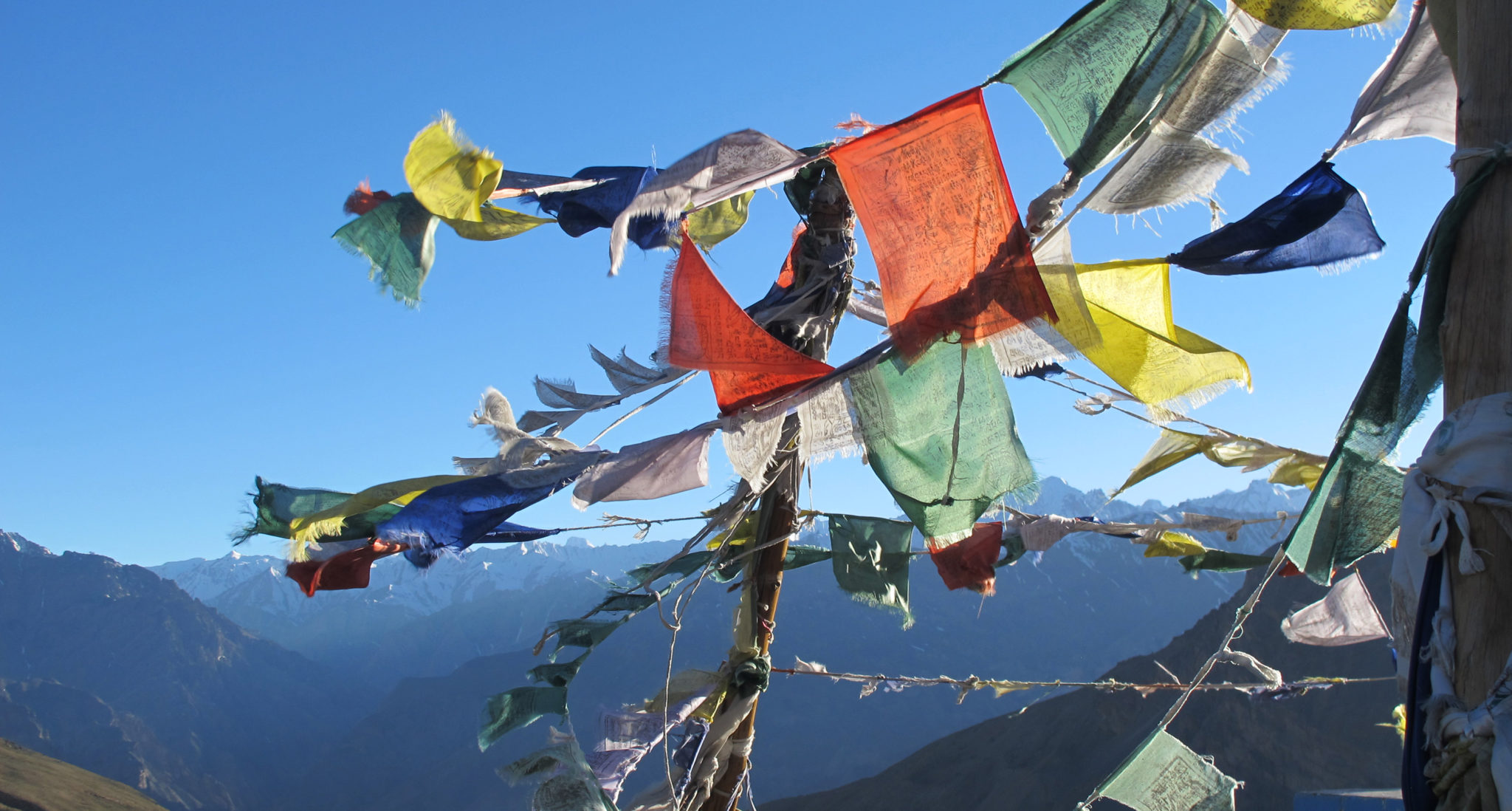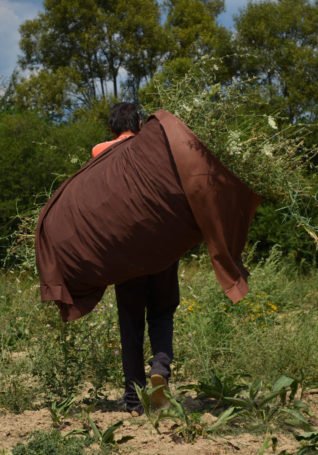History

by Ann Armbrecht
Traditional Herbal Medicine
I came to herbal medicine after completing my doctorate on the connections between people and the land in northeastern Nepal. In herbalism, I found much of what I had encountered in rural Nepal: a quality of respect and restraint in interactions with the environment, a focus on relationship rather than ownership, and a sense of the sacred in interacting with the earth.
I was interested in how these beliefs were expressed in the very different circumstances of the United States. Unlike rural Nepalese on the margins of the modern world, US herbalists engage with cutting-edge science. They draw increasing numbers of students to conferences and classes and produce popular herbal products fueling a growing herbal industry. Herbalists believe the values of herbal medicine can change the world for the better. I wanted to see how this vision and these values were expressed in practice.
With filmmaker Terrence Youk, I co-produced Numen: the Nature of Plants, to celebrate these values and show consumers there is more to herbal medicine than a product on a shelf.
Sustainable Herbs Project Begins
As I learned more, especially about the herbal industry, not surprisingly, I began to see discrepancies and contradictions. Herbalists explained that intention when harvesting plants and preparing remedies was part of the healing power of a plant. Yet few discussed the challenge of sourcing enough plants to meet demand. They emphasized how a practitioner’s relationship with a plant was as important to healing as the constituents of the plant, but then recommended remedies produced no differently from any other commodity on the market.

Weeding comfrey fields in southern Bulgaria
I created the Sustainable Herbs Project to tell the stories of the people and plants behind the products on the shelves. I wanted to explore:
- In what ways does understanding the lives of stakeholders in the herb industry matter?
- By understanding their stories, can we begin to re-connect relationships the economy has severed?
- How does knowing where herbs come from relate to healing?
- What do concepts like intention and quality control mean down the supply chain?
- How do different stakeholders negotiate these meanings?
- And how does any of this impact the quality of the finished product?
I visited several FairWild certified projects in Eastern Europe in the fall of 2015. After returning, I launched a Kickstarter project to raise funds to create the Sustainable Herbs Project. We had an outpouring of grassroots support – and as proof that no donation is ever too small, the initial $65,000 project was launched with an average of $35 donations!
Tools for Sustainability in the Herb Industry
In 2018 the Sustainable Herbs Project became a program under the American Botanical Council and the name was changed to the Sustainable Herbs Program. ABC was the perfect home to incubate and help grow this program. The organization provided a platform from which to move from an idea into a fully developed program with support and recognition in the botanical industry. Under ABC we I could never have gotten to where I am without this partnership.
Under ABC, we hosted the SHP webinar series with approximately 40 webinars on key issues around sustainability, ethnobotany, and the botanical industry. We produced an SHP supporters-only Brown Bag Discussion series, an updated SHP Toolkit 2.0 of best practices, and a half-day conference with experts in their fields talking about the critical connections between quality and sustainability.
Pre-Competitive Collaboration
In September 2021, I launched the SHP Learning Lab, an on-line multi-stakeholder initiative. Based on practices of the Presencing Institute, a model of awareness-based systems change, the Learning Lab explores how to create an herbal industry that enhances the wellbeing and prosperity for everyone involved in the process from seed to shelf, not just the end users. I have since held three cohorts of the Learning Lab and one in-person Learning Journey to Appalachia. Two more Learning Journeys are planned for 2024.
To deepen and expand this collaborative work, in May 2024, SHP will begin it’s third stage of development and will move from the American Botanical Council to the Sustainable Food Lab. The name was changed to the Sustainable Herbs Initiative.
Acknowledgements
The first phase of the Sustainable Herbs Project was made possible with the financial support from the Institute of East West Medicine and our 974 Kickstarter supporters. It was also made possible by the generous contribution of time made by the many people who gave us tours, answered our questions, and who let us film and photograph aspects of the botanical industry not typically seen by outsiders.
The second phase was made possible through the support and trust of Mark Blumenthal. I am also deeply grateful to the Inaugural Underwriters who believed in this vision from the outset and provided the financial support needed for it to be developed. Thanks also go to the ongoing support of SHP donor support and collaboration.
